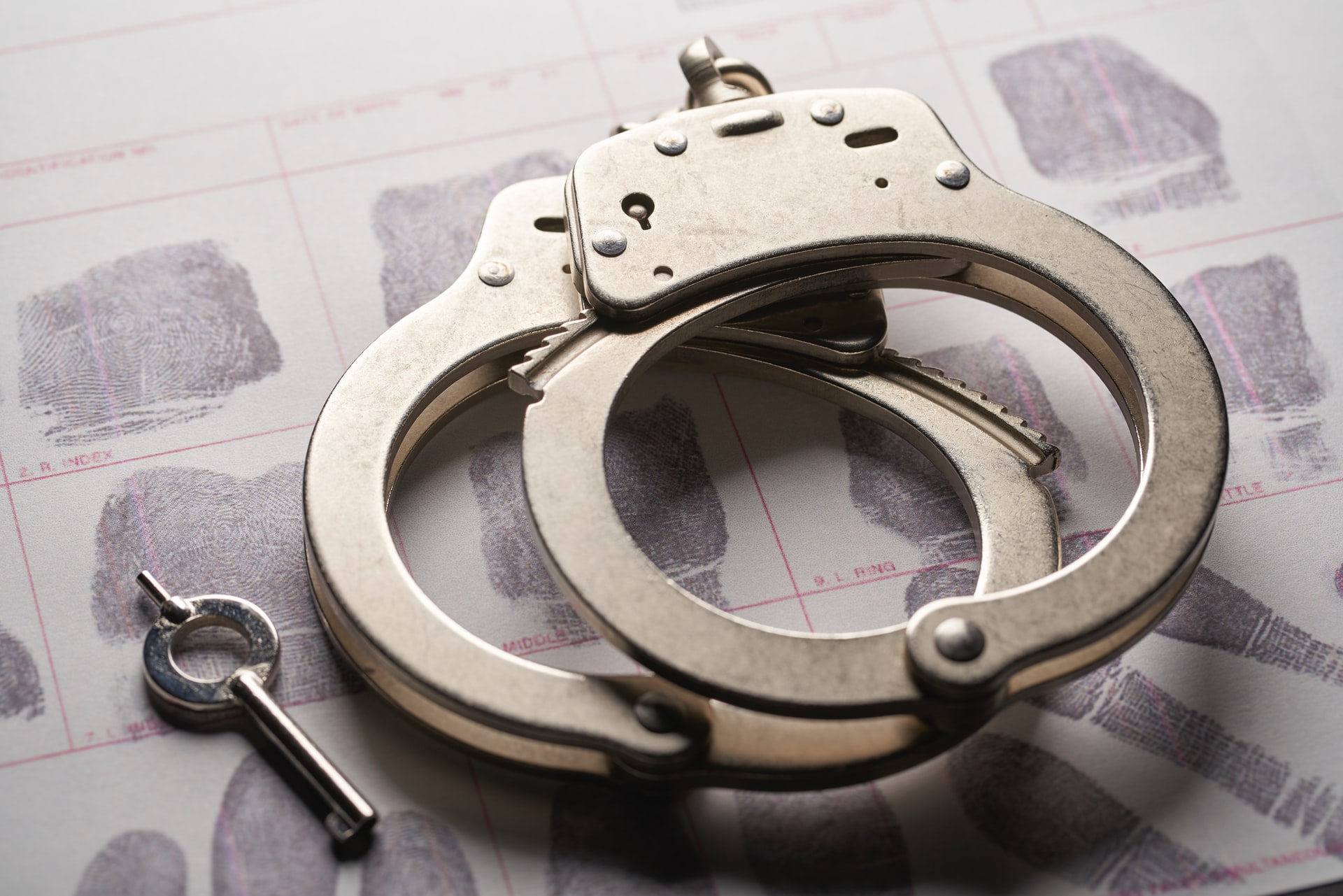When scared or unsure of what to do or expect, it can bring out the worst in us. That’s why we’re giving you a crash course about your rights and how you should behave for the best possible outcome if you’ve been arrested. If you take anything from this article, it’s to always remain calm and call an experienced criminal defense lawyer! Do whatever you can to keep a level head, be polite and do not physically resist the police. Keep your hands in plain sight and immediately inform the police if you have a permit to carry a firearm and have one on or near you.
Rights You Should Know
- Everyone has the right to an attorney in criminal cases, no matter what the circumstances are.
- Have you ever heard the phrase, “anything you say can and will be held against you” on TV? It’s true. If you say anything that could possibly incriminate you, it WILL be used against you in court. One of the most important rights to understand is your right to remain silent. It is crucial that you exercise this right – be quiet. Respectfully decline to make any statements and request to speak with your lawyer. In most cases, it’s best not to speak or answer any questions until your attorney is present so you can avoid accidentally hurting your case.
- You have the right to know what you are charged with. It is illegal for the police to make an arrest without informing the individual for what crime he or she is being arrested. If you haven’t been told, politely ask what you are being charged with, but do not engage in an argument.
- You have a right to know your legal rights. These are called your Miranda Rights, and it is illegal to be interrogated (questioned) without hearing them. In fact, an entire case can be thrown away if the individual was not read the Miranda Rights. They are designed to make sure that people are aware of what they do and don’t have to do when under arrest.
How to Act and What to Do
- Be respectful and obedient with the police. Do not touch, or try to touch, officers in any way whatsoever. This can be perceived as aggressive behavior.
- Pay attention to badge and patrol car numbers; try to remember them if possible. This information can help determine if the officer was supposed to be on duty and identify the officials you interacted with.
- Do not answer any questions about your case unless your lawyer is present to avoid accidentally incriminating yourself- even if you are innocent. That applies to cellmates and telephone calls, too, if you are put in jail. Cellmates often tell on you and all phone calls made from jail are listened in on and recorded. Do not discuss the facts of your case with anyone but your lawyer.
- If you’ve been hurt in the course of your arrest, take pictures to use as evidence and seek medical help as soon as possible. Depending on what caused the injury, you may be entitled to compensation.
- Do not resist arrest. Doing this can add charges such as assault, and of course, resisting arrest or obstruction of justice, making the situation far worse. If you see the lights of a squad car behind you, pull over immediately. It is a felony to try to run from the police and will make everything far worse.
- You are not required to perform any roadside testing or the roadside breath test if you are stopped for a DWI. Politely decline to perform these roadside tests and request an opportunity to call your lawyer. By the time these roadside tests are requested, they are already going to arrest you, these only add evidence to their side. You MUST cooperate in the testing they request at the police station, but only after you have gotten advice from your lawyer as to whether or not to take the test offered depending on the facts of your particular case. It is not a refusal to decline to perform roadside testing.
- Keep a calm composure. Yelling, stomping, cursing, arguing or any other over-the-top behavior gives the police reason to think that you are either a threat to yourself or others, or that you are guilty of what they suspect. Always treat the police with respect.
- If the police approach your place of residence, do not let them search unless they have a warrant. If you are arrested, do not permit the officer(s) to go into your home for any reason and do not step outside of your home voluntarily. If they choose, they can bring you inside with them and legally search without a warrant.
- Remember, you can’t believe everything said to you by law enforcement when they are interrogating or questioning you. In most cases, they are allowed to lie or bend the truth in order to obtain information and they do so quite often. Do not fall for it – respectfully and politely decline to engage in any discussions or make any statements and ask to speak with your lawyer.
- Memorize your lawyer’s phone number. Once you are in custody, you will not be given permission to use your own phone. Be sure you have a phone number for your lawyer that they answer 24/7 for emergencies like you being taken into custody.
If you’ve been arrested or suspect that your rights have been violated, contact Kris Naros at Naros Law. Setting up a free consultation is the best way to review the facts and make an informed decision on what course of action to take in the courtroom.

